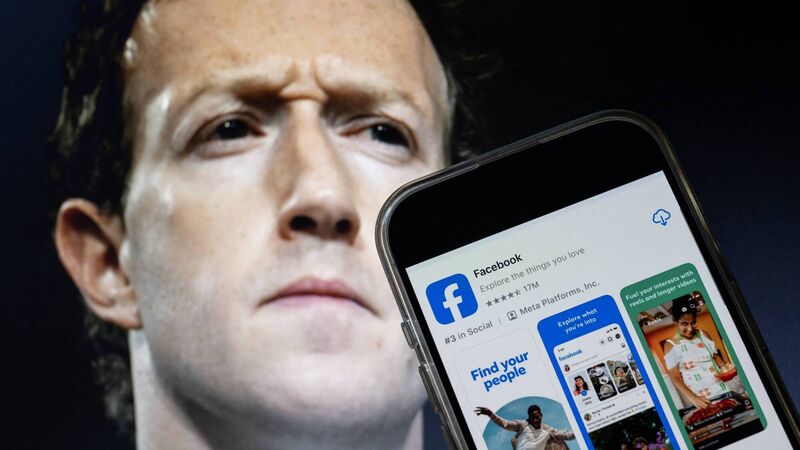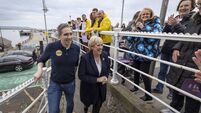Presidential election: Facebook and Instagram to ban ads in protest at EU rules

Meta CEO Mark Zuckerberg. The company announced in July that it would end political, electoral, and advocacy-based advertising on its platforms in protest at the EU’s Transparency and Targeting of Political Advertising regulation. Picture: Drew Angerer/AFP/Getty
A ban on political ads on the likes of Facebook will hit all three presidential campaigns from next week.
Meta, which owns Facebook and Instagram, announced in July that it would end political, electoral, and advocacy-based advertising on its platforms in protest at new EU rules which will be implemented in Ireland later this month. The ban itself will come into effect in the coming days.














